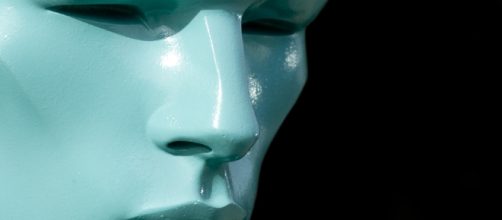Facial Recognition is a fascinating technology. We have seen how it worked in movies. More or less, it is almost always used for security purposes. There were institutions in films that required a full facial scan of people before they were allowed to go in.
Facial recognition in social media
Nowadays, we see facial recognition make a common appearance in social media. On Facebook, this technology is used to determine the identity of the people you are with in a photograph. Do you want to tag your friend so-and-so? Facial recognition makes reasonable suggestions for which people you ought to tag with you.
However, there is one weakness of facial recognition software: masks and disguises. If you want to remain anonymous in a photo or video capture, you could try wearing a mask. Then the facial recognition bots will have a Hard Time identifying you.
Well, it will give the computers a hard time, but it will not be impossible. According to a recent report, the research on facial recognition is improving. There may come a time when masks would not be enough to cover one's identity.
Facebook is one company that aims to improve this technology. According to a report by The Verge, they have already "trained neural networks that can recognize people based on characteristics like hair, body shape, and posture."
They also add that they are developing systems that can recognize even small portions of the face.
This way, Facebook would never have to rely on the entire face to recognize an identity.
A research paper recently published in a popular AI newsletter also dealt with facial recognition improvements. The technology proposition uses "facial key points." This meant that the software measures the distances between the main points on a person's face.
Like the nose and the eyes, for example.
This way, the software can recognize faces with some reliability, even with the face disguised. The research paper claimed that their tests yielded 55% accuracy. A reasonable rate for a starting tech, but not enough for it to be commercially-ready.
The technology may also cause some harm
However, there are still people who think that developing such sophisticated systems will be a significant risk. Academic and sociologist Zeynep Tufekci, for instance, said that the technology could be misused. It could be used as a tool of oppression, he said. He further elaborated his point, saying that authoritarian governments could use it to suppress anonymous protesters to silence dissent.


